Mythology
-
In Ancient Egypt, not every deity enjoyed the grandeur of huge temples, state-sponsored cults, or legends of cosmic creation. Some gods were more intimately connected with daily life, such as Bes and Taweret, who were often called upon by households for protection. Meretseger is a goddess who occupied a unique position—worshipped by everyday individuals, yet…
-
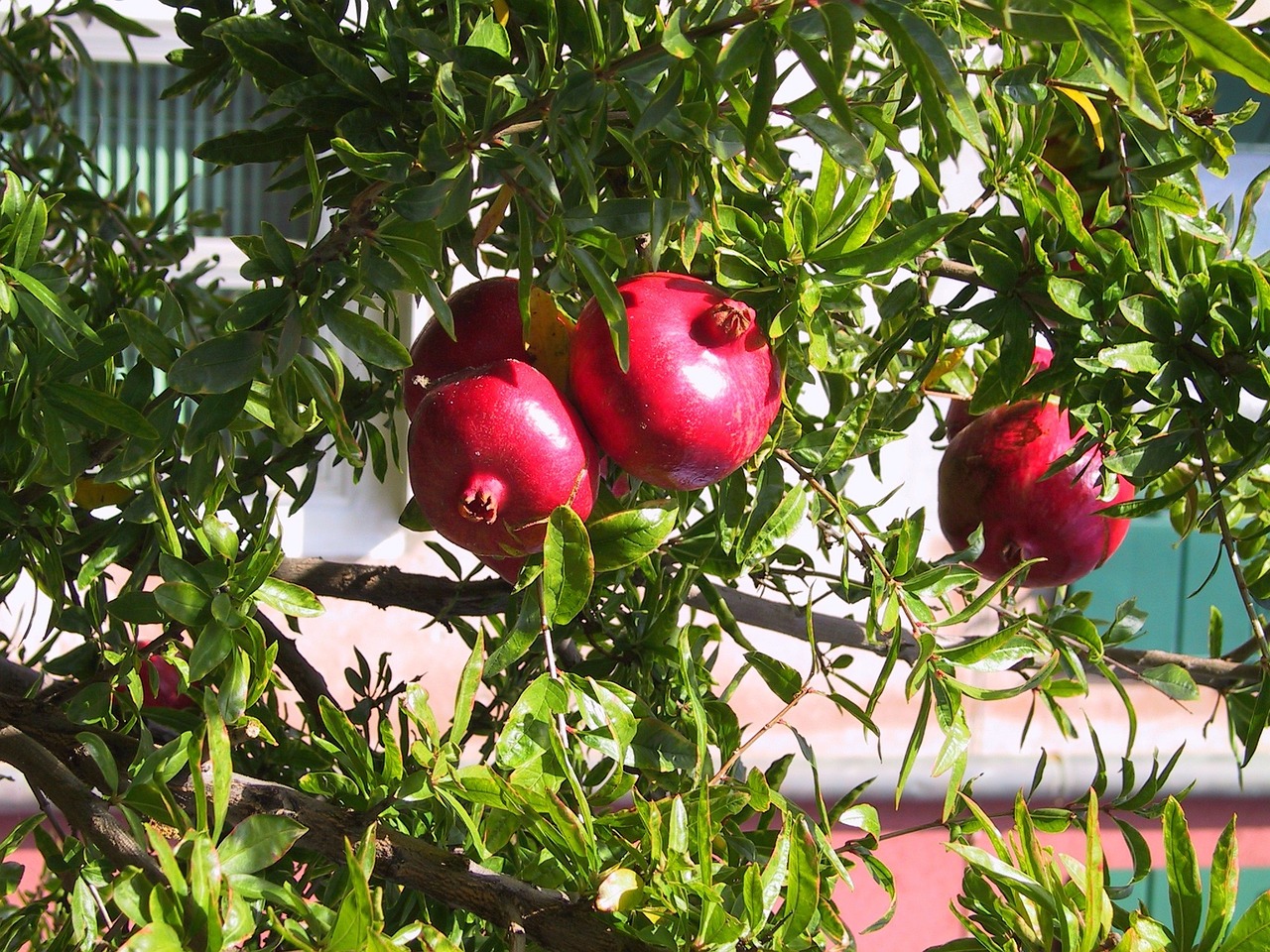
Greek mythology presents a captivating array of deities, each endowed with distinct narratives and characteristics. Among these figures is Persephone, whose tales weave together elements of love, abduction, and transformation. This exploration will delve into Persephone’s identity, her extraordinary powers, symbolic meanings, and her significance within the broader context of Greek mythology. Understanding Persephone Persephone…
-
Celtic mythology brims with enchantment, deities, and timeless narratives. Among the myriad of characters, Elatha stands out, not for his renown like some of his fellow gods, but for the critical role he plays in understanding the Celtic cultural tapestry and its mystical heritage. In this exploration, we delve into Elatha’s significance, his involvement within…
-
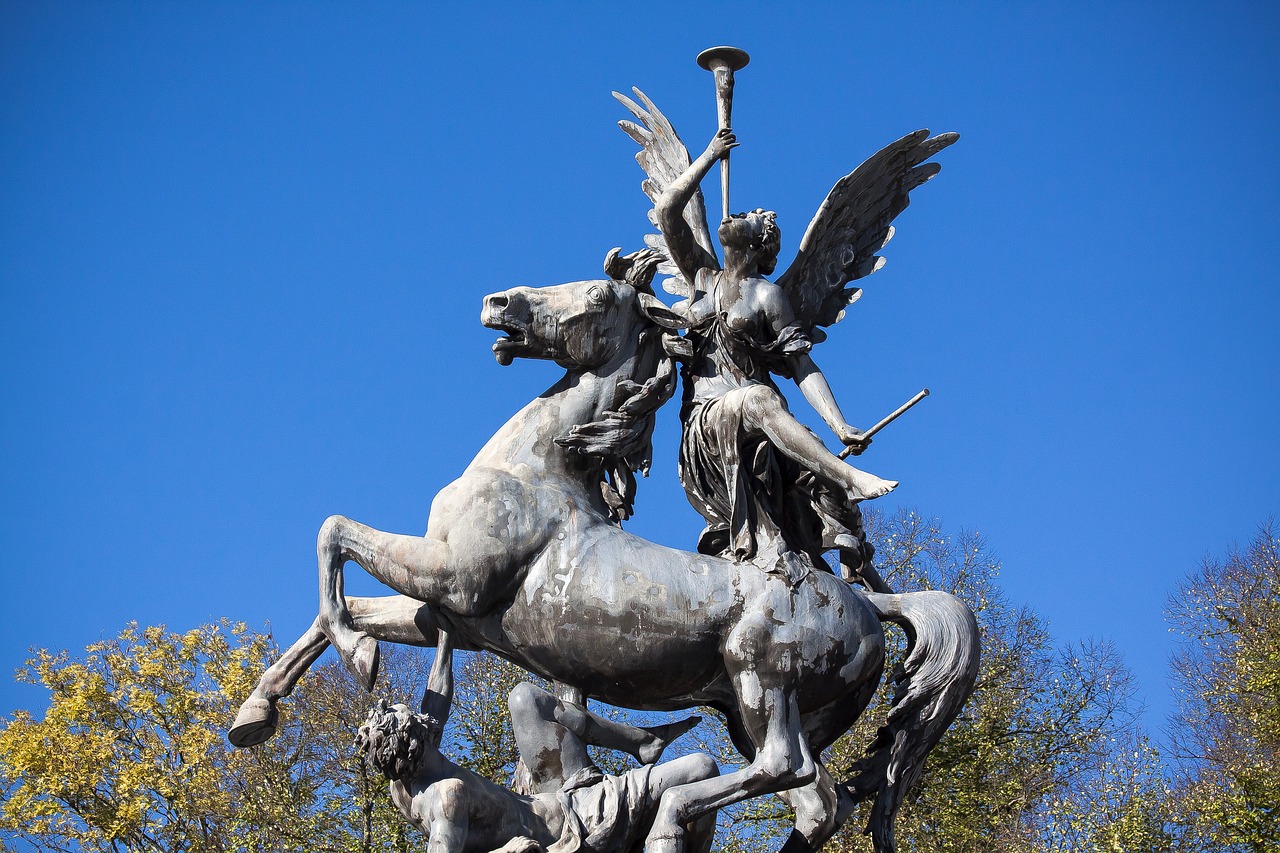
The Mythical Wings of Pegasus Pegasus, a legendary immortal steed, was a winged horse born from the severed neck of Medusa, the infamous Gorgon. His origins trace back to Poseidon and Medusa, symbolizing the union of divine power and earthly elements. The story unfolds with Bellerophon, the valiant hero who tamed Pegasus and rode him…
-
The Morrígan: A Multifaceted Deity of War and Fate Overview The Morrígan stands as a formidable presence in Irish mythology, representing war, fate, and death. Often appearing at the onset of battles, she is known to offer prophecies and favor to both heroes and gods. As a shapeshifter, she could manifest as a menacing raven,…
-

The Legacy of Lugh: An Irish God of Mastery and Valor Overview Lugh, revered as the Irish god symbolizing nobility and craftsmanship, emerged as a formidable warrior and a figure of great intelligence. He held titles such as Ollamh Érenn and was the monarch of the Tuatha Dé Danann, famed for wielding the Spear of…
-
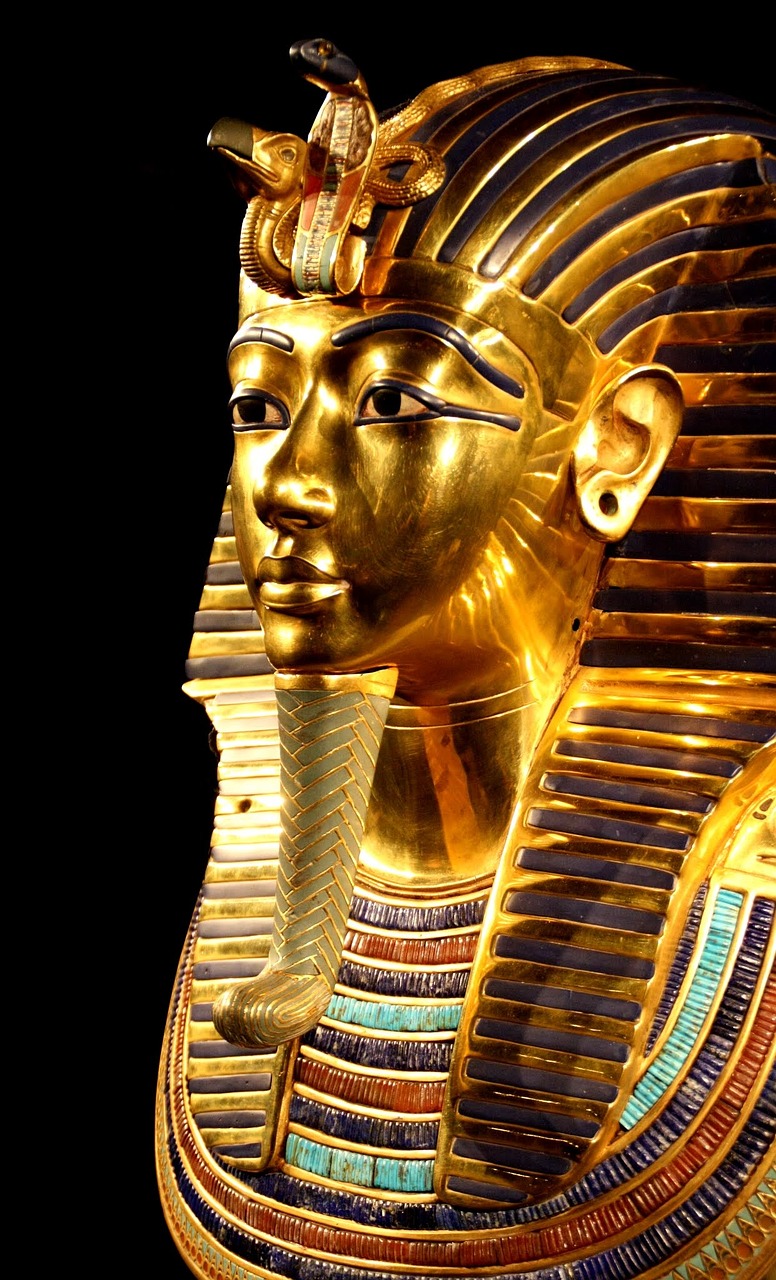
The Concept of Maat in Ancient Egyptian Cosmology The ancient Egyptian worldview is characterized by a series of dichotomies that define its culture and belief system, including Upper and Lower Egypt, the realms of the living and the dead, and the fertile land contrasted with the desert. Among these, perhaps the most significant duality lies…
-
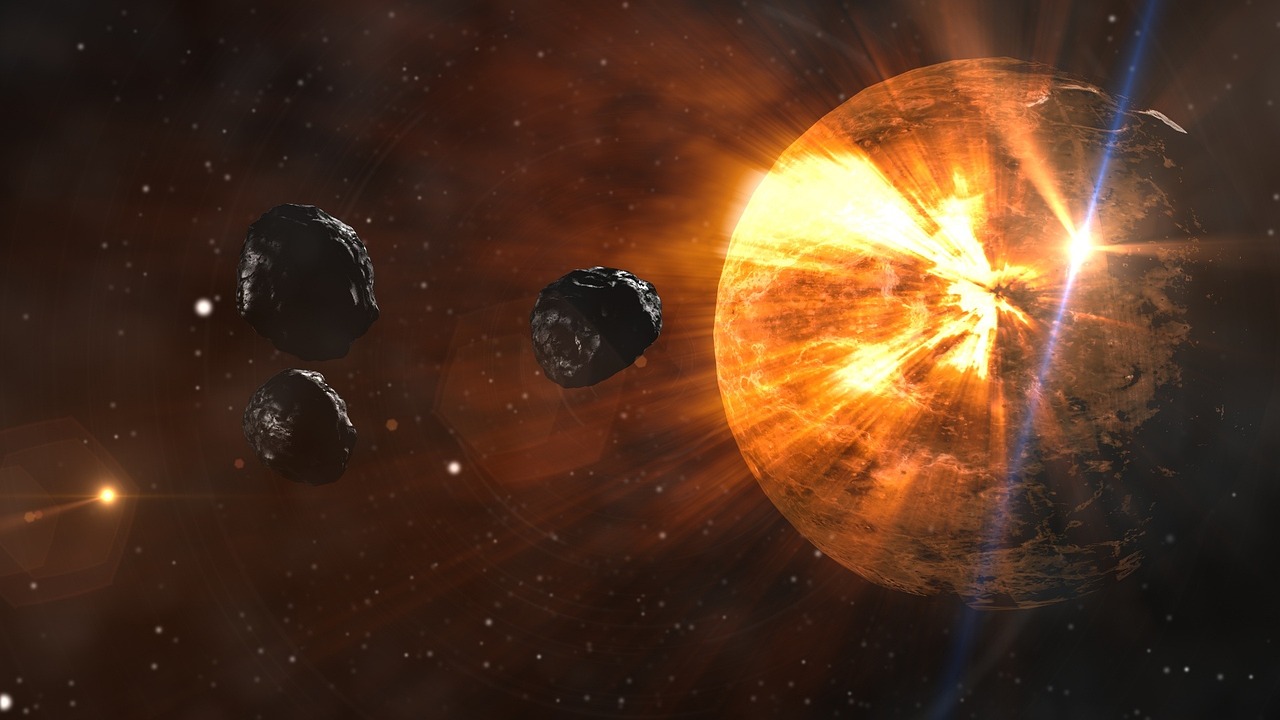
The figure of Venus represents the essence of love, femininity, and the promise of new beginnings. As one of the most recognized deities from classical mythology, Venus’s tale is rooted in Greco-Roman tradition. Notably, she is said to have emerged from the sea foam after the castration of Uranus, arriving ashore on a clam shell.…
-
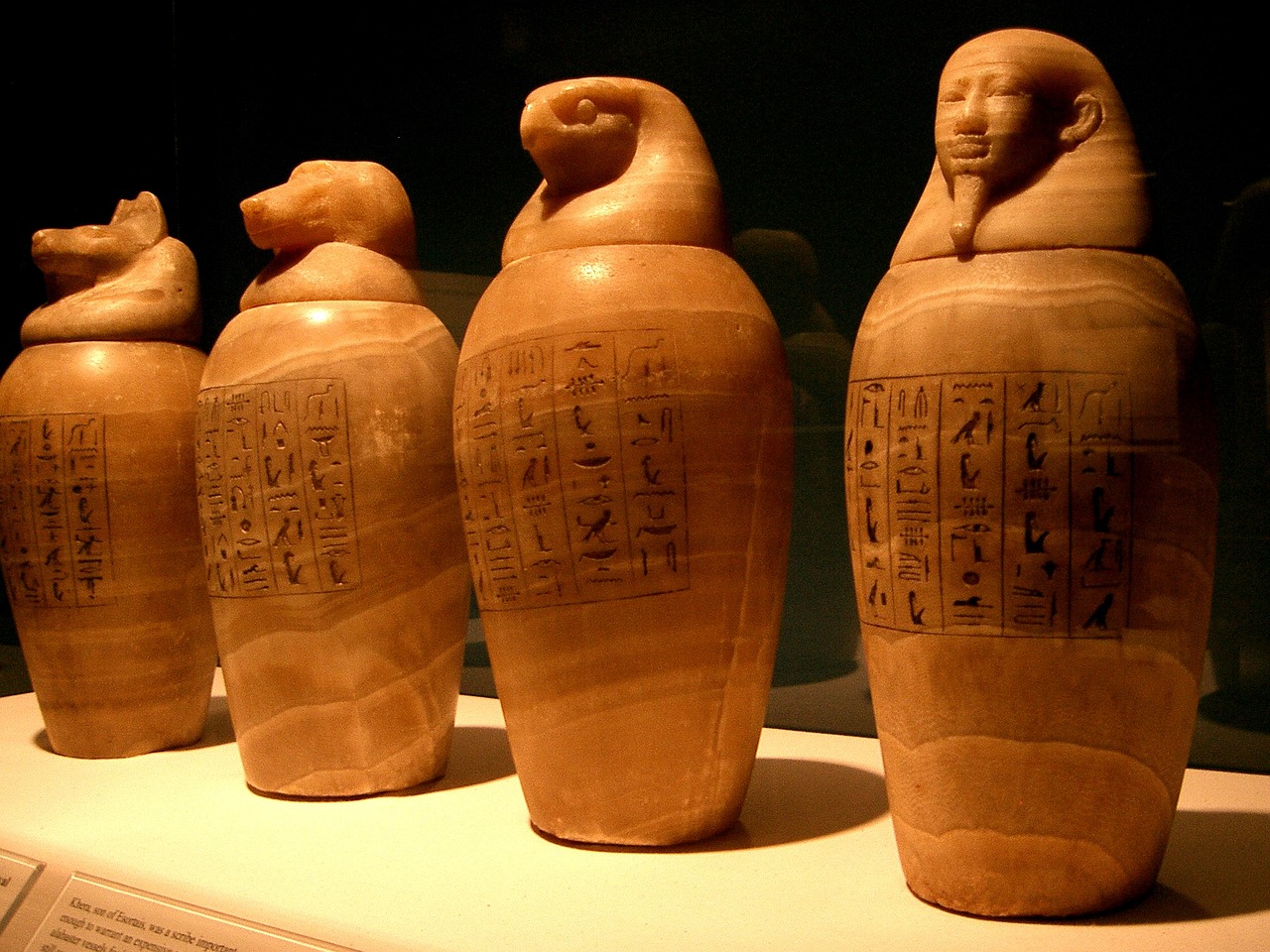
Anubis, a pivotal figure in ancient Egyptian mythology, is known for his association with mummification, funerary practices, and guiding souls to the afterlife. With other names such as Inpu, Inpw, and Anpu, he embodies the essence of protection for the deceased and serves as a patron for lost souls. This deity is among the oldest…
-
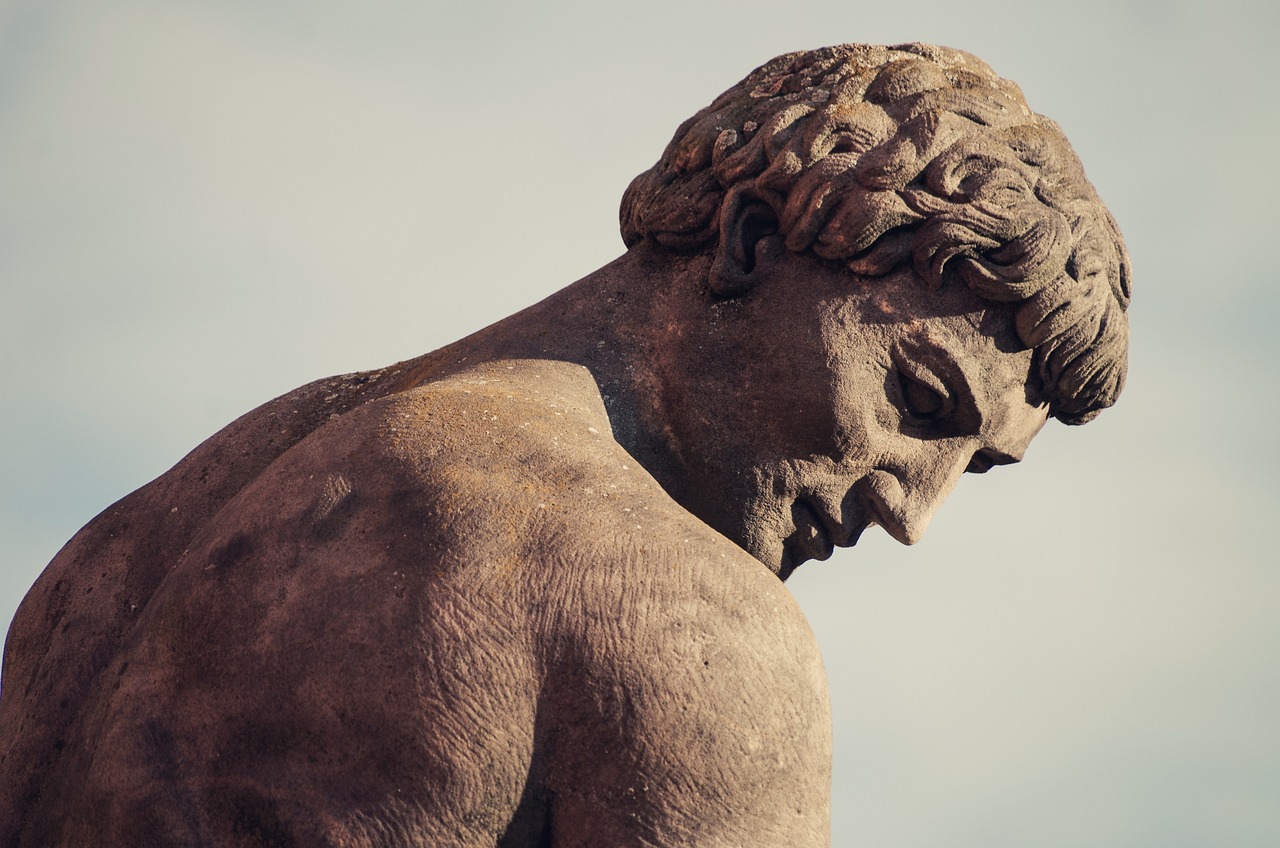
Poseidon, the esteemed deity of the sea, earthquakes, and horses, holds a significant stature in Greek mythology as one of the Twelve Olympians. He is one of the most formidable gods, alongside Zeus and Hades, governing all waters and being particularly revered by sailors and fishermen. Iconography of Poseidon Often depicted brandishing his iconic trident,…


